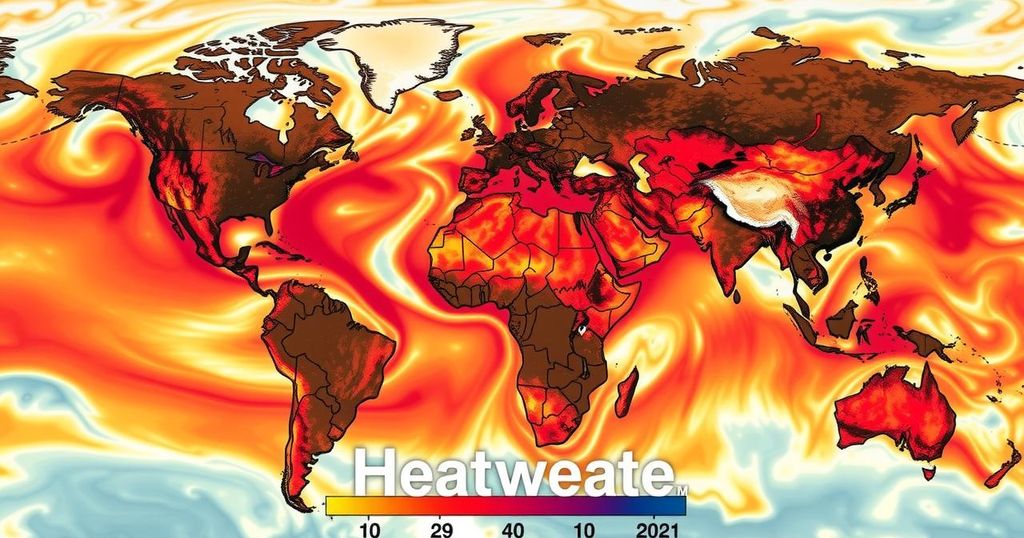Weather
AFRICA, ARCTIC, ASIA, CLIMATE, COPERNICUS, COPERNICUS CLIMATE CHANGE SERVICE, EUROPE, EXTREME WEATHER, FORECAST, GLOBAL WARMING, GREENHOUSE GAS EMISSIONS, NASA, NATIONAL CENTERS FOR ENVIRONMENTAL INFORMATION, NCEI, NOAA, NORTH AMERICA, OCEANIA, SERVICE, SOUTH AMERICA, UK MET OFFICE, WEATHER
Oliver Grayson
0 Comments
2024 Declared Warmest Year on Record Amid Climate Emergency
The year 2024 marked the warmest year on record, with temperatures exceeding historical averages and significant declines in Antarctic sea ice coverage. Multiple regions reported unprecedented warmth, and upper ocean heat content reached record levels. Additionally, cyclone activity remained near average, highlighting ongoing climate trends that necessitate global attention.
In an unprecedented milestone, 2024 has been officially declared the warmest year on record, following thorough analysis by scientists at NOAA’s National Centers for Environmental Information (NCEI). This year has been characterized by significant increases in both land and ocean temperatures, with averages rising to 2.32 degrees Fahrenheit (1.29 degrees Celsius) above the 20th-century norms. Consequently, multiple regions, including Africa, Europe, North America, Oceania, and South America, have recorded their warmest temperatures, while Asia and the Arctic experienced their second-warmest years.
The context behind this alarming trend illustrates a dire situation concerning global climate stability. The data from 2024 reflects a continuation of a decade-long pattern, where all the ten warmest years since 1850 occurred, accompanied by increased ocean heat content and diminishing sea ice levels. Scientists emphasize the implications this has for climate events and ecosystems worldwide. As such, understanding these developments becomes essential for addressing climate change effectively.
The alarming rise in global temperatures and the shrinking sea ice in both the Arctic and Antarctic are clear indicators of the ongoing climate crisis. With 2024 setting unprecedented records, it emphasizes the urgent need for comprehensive climate action on a global scale. Collaboration and decisive measures are indispensable for mitigating further changes and safeguarding the Earth’s ecosystems for future generations.
Original Source: www.noaa.gov




Post Comment